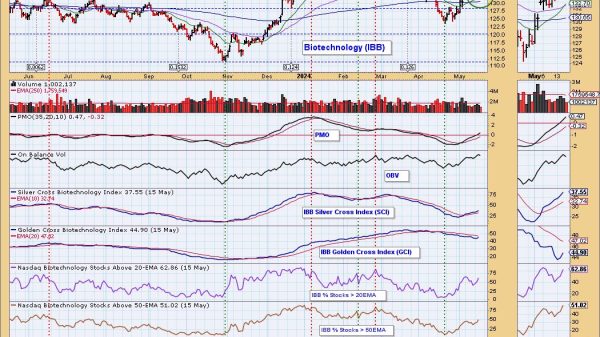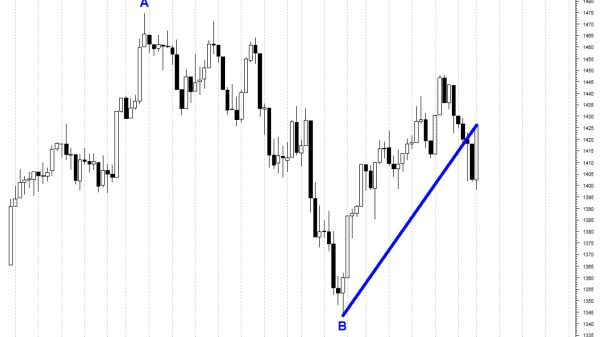Austria is one part of the name “Austrian economics.” How has the country of Austria prospered by applying Austrian economic concepts? The nation regained full sovereignty in 1955. Their form of government is a parliamentary coalition with a prime minister as head of state and a ceremonial office of president.
How would Ludwig von Mises view Austria today implementing Austrian economics? He would not recognize the country he fled in 1934 ahead of the German war machine and its purposeful discrimination of people of Jewish descent. He would probably be thankful Austria’s Jewish population is thriving. He would also see its standard of living and economy flourishing today.
Austria has large services and industrial sectors, and it has a small, highly developed agricultural sector. The nation’s ongoing challenges are assimilation of migrants, strains on labor markets and public finances caused by an aging population, and reliance on Russian energy.
The 2023 Index of Economic Freedom from the US-based Heritage Foundation measures the principles of economic freedom in an annual guide. According to the study, “Economic freedom is the fundamental right of every human to control his or her own labor and property.” The Index covers twelve freedoms composed of four economic freedom pillars, with three categories under each one, in 184 countries using a scale of one to one hundred. A country’s overall score is derived by averaging these twelve economic freedoms, with equal weight being given to each. Each pillar and category is shown below:
Rule of law (property rights, government integrity, judicial effectiveness)Government size (government spending, tax burden, fiscal health)Regulatory efficiency (business freedom, labor freedom, monetary freedom)Open markets (trade freedom, investment freedom, financial freedom)
Austria’s economic freedom score is 71.1, making its economy the twenty-third freest in the 2023 Index. Austria is ranked sixteenth out of forty-four countries in the Europe region, and its overall score is well above the regional and world averages.
Austria’s high scores for property rights and government integrity reflect its strong rule of law and the expansion of economic freedom. The nation does not have a commitment to limited government. Expansionary public spending generates budgetary pressure. The transparent and competitive business environment has been effective.
The overall rule of law is very well respected in Austria. The country’s property rights score is 97.0; its judicial effectiveness score is 95.2; and its government integrity score is 80.9. Each of the three scores is above the world average.
The top individual and corporate tax rates are, respectively, 55 percent and 25 percent. The tax burden equals 42.1 percent of gross domestic product (GDP). Three-year government spending and budget balance averages are, respectively, 53.8 percent and −4.5 percent of GDP. Public debt equals 82.9 percent of GDP. The tax burden score is 45.7, fiscal health is 54.5, and government spending is 13.0. Their federal government has some size.
The overall regulatory framework is transparent and efficient, encouraging business innovation and productivity growth. No nationally mandated minimum wage exists. Fringe benefits costs are among the highest in the world. The business freedom score is 78.5, labor freedom is 78.8, and monetary freedom is 80.4.
The nation has more than six hundred European Union–mandated nontariff measures in force. Red tape is a problem in European countries. Their government policies generally do not interfere with foreign investment. The banking sector offers a wide range of financial services. The trade freedom score is 78.6, investment freedom is 80.0, and financial freedom is 70.0.
Ludwig von Mises might say property rights and rule of law appear to be on track. High taxation of business and personal income paralleled by high government spending is not healthy for the economy in the short and long term. He would encourage much lower business and personal tax rates and government spending. He would recommend the high number of EU regulations be greatly reduced and those regulatory powers be transferred from Brussels, Belgium (EU headquarters), to Vienna, Austria. He could see the healthy per capita income and international trade as hopeful for the country. He might say with long-term optimism that some things are going well and many areas need improvement.























